Mendelssohn, Brahms, Mozart, and Beethoven: Pastoral by ARCO
MARCH 23, 2018
Pastoral music and period instruments by the Australian Romantic & Classical Orchestra at the Melbourne Recital Centre, with guest choir Polyphonic Voices.
A popular style of the Romantic period is the pastoral, which calls to mind horizon views and bountiful meadows. Through this music, composers described a general atmosphere of picturesque nature. It is a specialty of the Australian Romantic and Classical Orchestra, whose inaugural 2018 concert comprises Pastoral melodies. Theirs is a delightful program reenacting a time when the natural world was seen as a mirror of human experience, of darkness and light.
To show influence and possibilities of the style, the orchestra performed four musical forms: an overture, five choral songs, a mass and a symphony. Through contrast by form and sound, signature colours of each are clearer to the ear. Mendelssohn’s instrumental tone poem precedes Brahm’s song cycle and Mozart’s sacred mass. These shorter works are a precursor to the evergreen Beethoven 6.
In rehearsal
Hebrides Overture was inspired by a sea cave, which Mendelssohn saw during an 1829 trip to Scotland. As a symphonic poem, it sets a tone of awe experienced when seeing the monument, amidst open skies and turbulent waves. From the start the music soars, building up from a theme of strings. Even as the starting theme repeats and new idioms are introduced, the sensation remains oceanic. It is a dreamlike state with pinpricks of piping, then a gathering of heralds, a match for ARCO in sprightly spirit.
Unlike the Mendelssohn outlook, Brahms is looking inwards for his song cycle. Each song lasts for a few minutes, each based on a text that relates to a late season or his middle age. The first two songs are about waiting for fulfillment of hope, rueful to begin with, then cheerful. A similar alternating of atmosphere is sketched in the next three songs: melancholia, nostalgia, and finally contemplation. For this song cycle, the chamber choir is unaccompanied by instruments.
After the secular moodiness of Brahms, the orchestra reassembles with the choir to present a Mozart mass. Richard Gill, conductor and artistic director of ARCO, describes it as an “operatic mass” that is timed for less than 15 minutes. Together, both ensembles are bright and beautiful. There is a happy variety of orchestration, as choral and solo voice lead in turn.
Polyphonic Voices with the Australian Romantic and Chamber Orchestra / Nick Gilbert
Promptness of tempo demonstrate the range of choral tradition by Melbourne-based Polyphonic Voices, who take the audience from earlier pessimism to newfound optimism. So vast is this distance between temperament, yet the choir treats pensive lament with equal sensitivity as passionate tribute.
Beethoven 6 is the main course of the evening, an exemplar of music as metaphor. For this reason it is also an ideal finale to a concert with a poem overture, each narrating a scene. Also known as the “Pastoral” symphony, it pictures a Viennese meadow with brook and birds, country folk a-dancing, a thunderstorm and then a beatific calm. The vivacity of ARCO musicians rejuvenates the symphony for an enthralling orchestral experience.
Richard Gill conducting the Pastoral program / Nick Gilbert
For my plus-one, this was her first experience of a period orchestral concert. She likened the program to fireworks, where prelude starbursts would finally assimilate into a sparkling crescendo.
ARCO and its specialty repertoire of Classical and Romantic period music is an excellent gateway to the Western art music tradition. Gill himself is a charismatic educator who is mindful of conventions, but comfortable with breaking them so as to endear a composition to the audience. This is an inimitable ensemble, that excels in presenting high art to entertain and enlighten.
– Maloti




